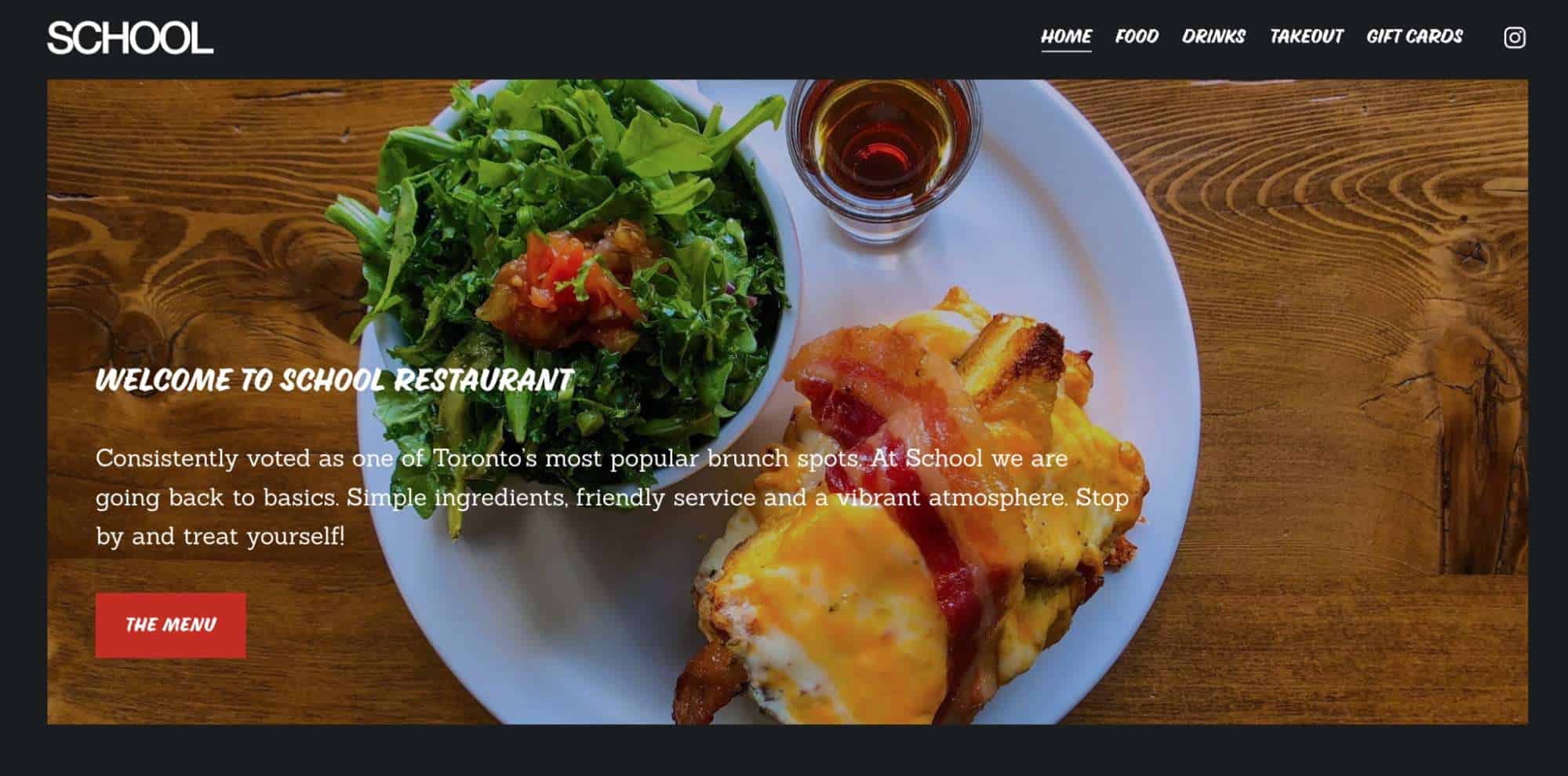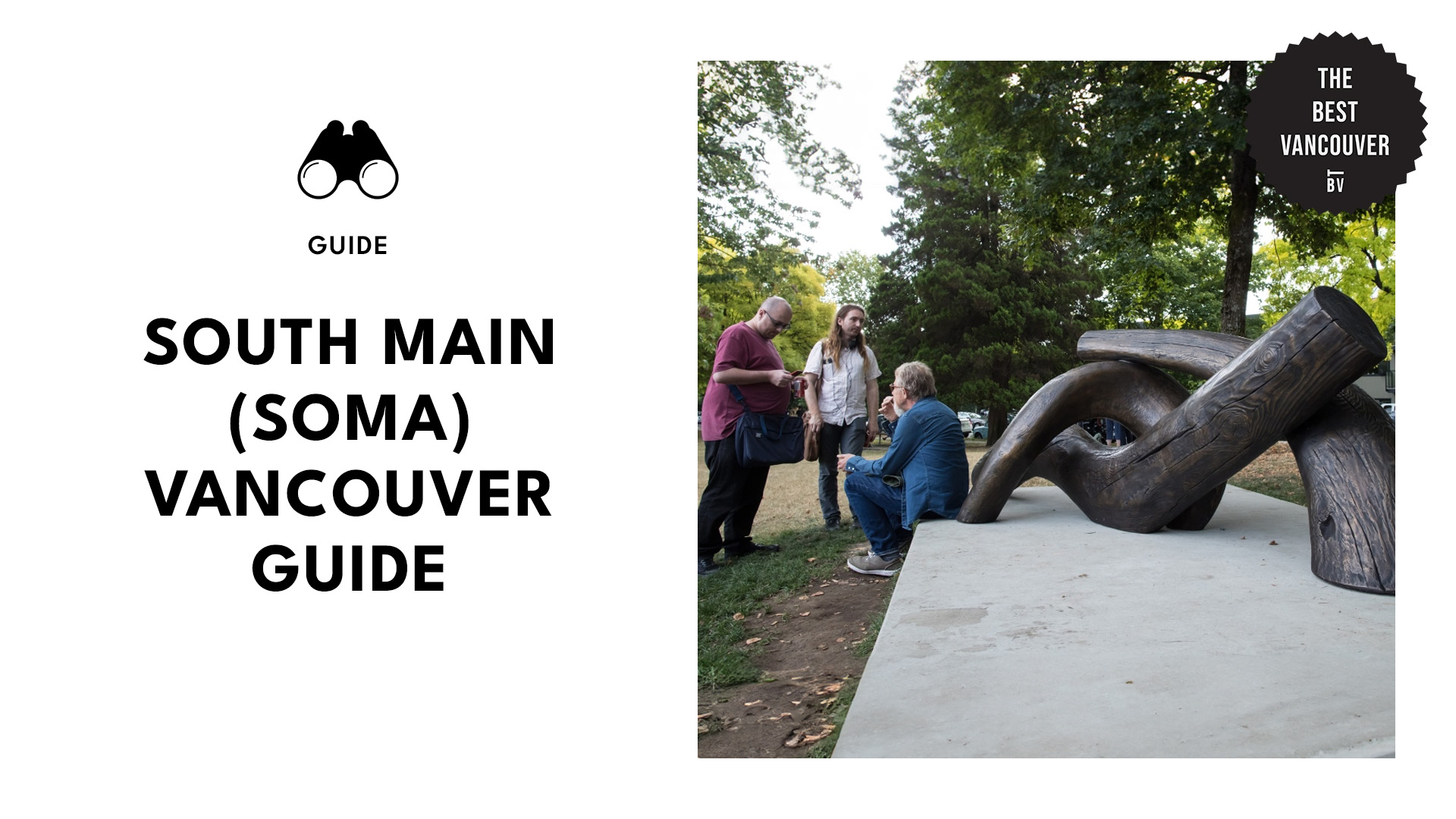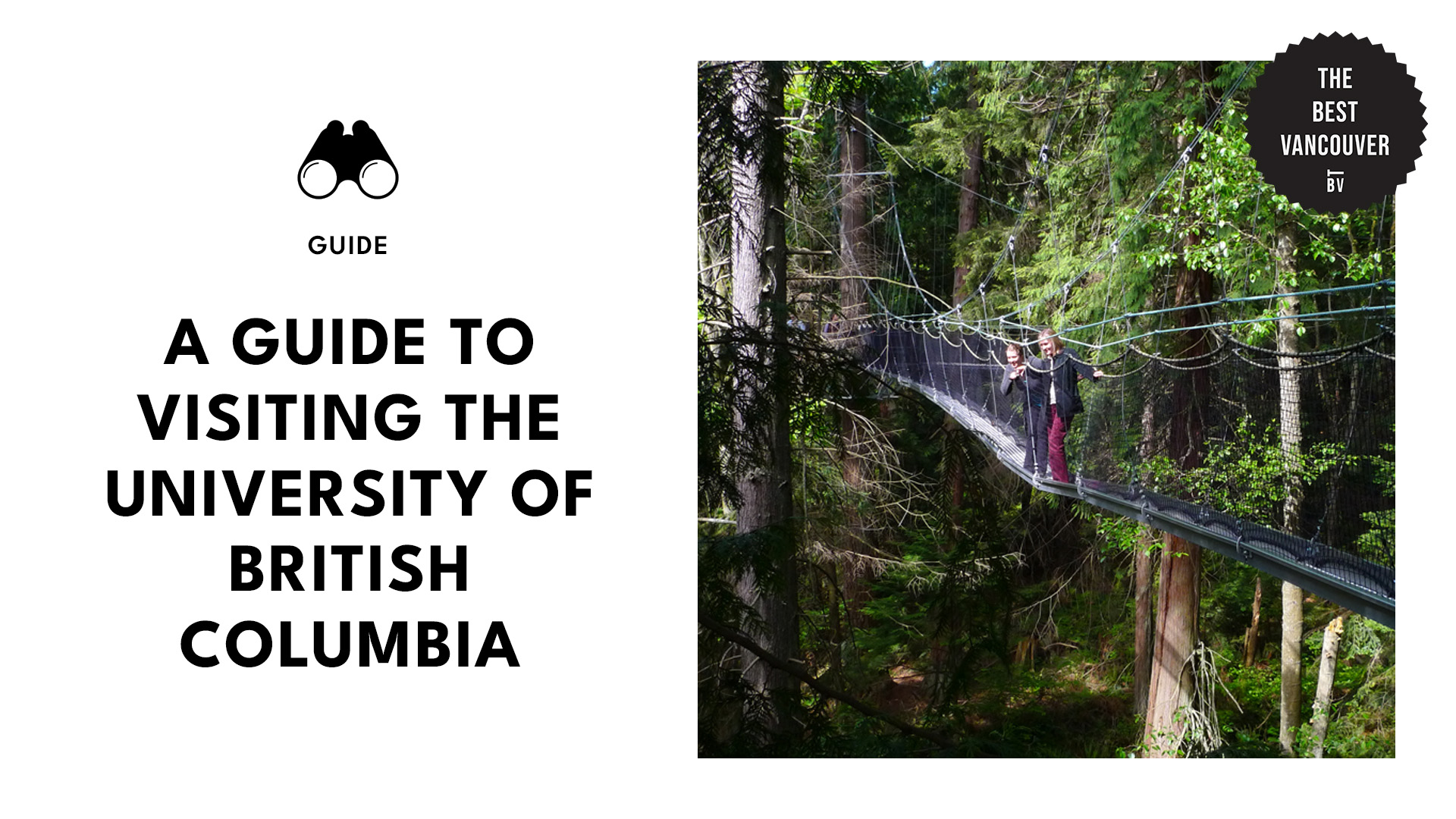Vancouver Recycling Guide
If you want to recycle, you must find out about it first! Recycling is easy, streamlined, and convenient. It just needs to be planned and put into action.
With the recycling information in this article at hand, you are well informed on how simple and efficient it is to recycle in Vancouver.
A Guide to Recycling in Vancouver
The City of Vancouver offers waste and recycling services, facilities, and tools to assist residents in keeping organics and recyclables out of landfills.
Vancouver has implemented its Zero Waste 2040 Action Plan, which includes several initiatives that promote the use of environmental assets and the reuse of various resources to avoid producing unnecessary waste.
Continue reading to learn about the various recycling must-knows in Vancouver.
Vancouver’s Waste Disposal Agencies
Vancouver’s recycling programs and services are among the best in the nation. In fact, they’re some of the best and most comprehensive in all of Canada.
According to a Statista study, Vancouver’s recycling rate has increased in recent years, from around 40% in 1995 to more than 60% in 2018.
Furthermore, based on the most recent Annual Recycling Report by Metro Vancouver, 2,191,421 tonnes of waste were recycled in Metro Vancouver in 2019.
If you’re looking for a place to live that’s environmentally friendly, Vancouver is one of your best bets. They make it easier than ever to recycle accordingly, particularly when compared to other major cities across the country.
The city has three establishments that have different waste disposal duties.
We’ll start with Recycle BC, which manages Vancouver’s recycling program and is in charge of residential packaging and paper recycling. They’re a non-profit organization that collects and recycles packaging and paper.
Next up, we have GFL Environment, Recycle BCs curbside collection partner. From Mondays to Saturdays, GFL Environment provides environmental services in solid and liquid waste management and infrastructure development.
GFL also has its own landfills, material recovery facilities, organic processing factories, soil remediation sites, and many more.
Most multi-unit buildings, however, don’t receive waste collection services from the City of Vancouver. This is where Waste Management Canada comes in – they’re responsible for collecting your recycling.
This agency handles multi-family dwellings, such as buildings with five or more units.
How Much Does Recycling Cost in Vancouver
Starting January 4, 2022, the City of Vancouver will be discontinuing its free disposal program to better support the City’s vision of becoming a zero waste community by 2040.
While the city’s curbside collection service is free, the Vancouver Landfill and Recycling Depot charge fees for large amounts of various items that you wish to dispose of.
The following are some of the most common items that can be recycled, as well as the rates charged by the Vancouver Landfill and Recycling Depot:
Guide to Residential Waste Disposal
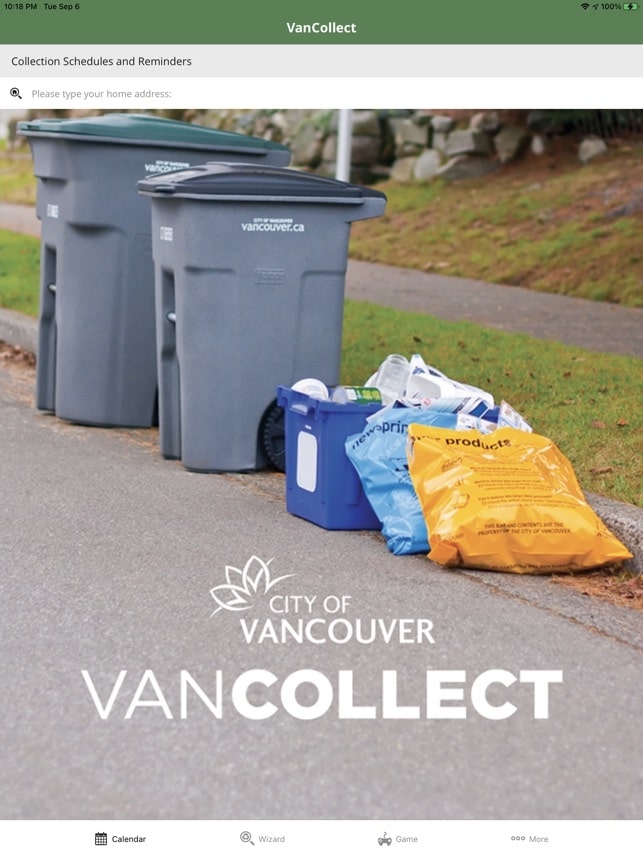
Image by Apple Store via https://apps.apple.com/
The VanCollect app is the most convenient way to view waste collection schedules.
Residents can use this app to view garbage, green bin, and recycling collection schedules and set up reminders. You can also get trash, recycling, and green waste sorting tips.
Once that’s done, set your bins out by 7 a.m. on your scheduled collection day.
Remember to leave at least one meter of space on all sides of your garbage can because these are emptied by a mechanical arm on the collection truck.
Another thing to remember is to avoid placing your garbage cans against a fence or garage and to check for any tree branches, telephone, or power lines that may interfere with the mechanical arm’s ability to lift your bins.
If you’re unsure whether an item belongs in the garbage, recycling, or green bin, go to Waste Wizard and enter the item to see how you can recycle or safely dispose of it.
If you don’t have access to the app, you can have your recycling cart and glass bin ready at your curb by 6 a.m. on your collection day.
To find out when your pick-up timetable is, you can enter your address in this link to get your schedule. You may also download the provided collection calendars for your convenience.
What Can I Recycle
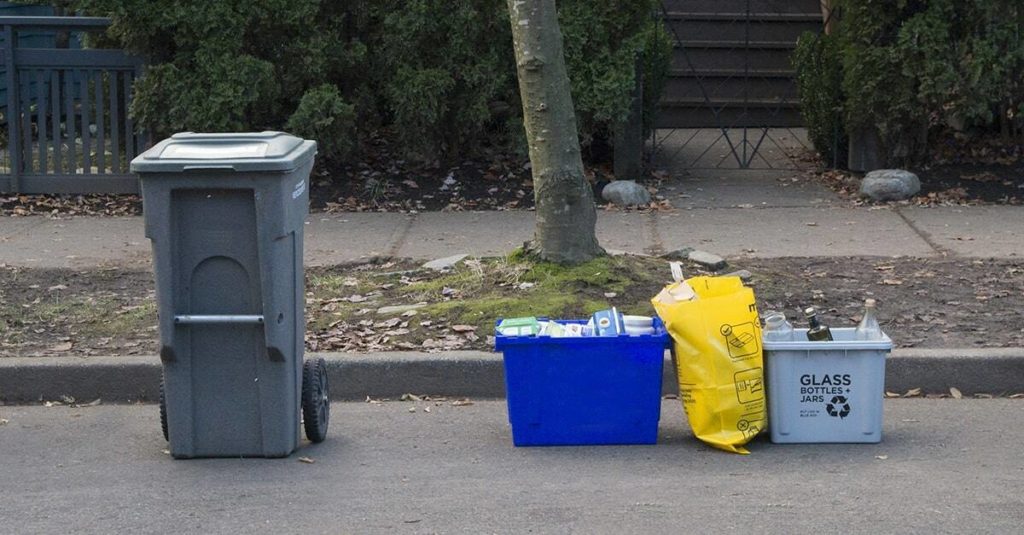
Image by the City of Vancouver via https://vancouver.ca/
If you’re still unsure what you can recycle, here is a list of items that can be left for curbside pickup in Vancouver.
Mixed Containers
Mixed containers are one of the most common waste types in a household. These items can be put in the bin to be properly recycled.
Examples of mixed containers include plastic, aluminum, and steel cartons from restaurants and paper to-go cups from coffee shops or stores that sell beverages.
However, it’s good to remember that glass bottles and aluminum cans can be returned to stores for a deposit.
Paper, Cardboard, and Packaging
Most paper and cardboard products can be thrown away. Newspapers, cereal boxes, cardboard packages, and many other items fall into this category.
Glass Bottles and Jars
Glass bottles, sauce, and jam jars are examples of items in this category. Please place these items in a separate container with a “glass only” label.
Please remember that glass should not be mixed with paper, which can cause issues at sorting facilities.
Garbage and Organics
Garbage and organics can be placed in your green bin for curbside pickup. Food waste in this category includes fruit peelings, egg shells, and processed foods such as bones, tea bags, noodles, and many more.
Soiled paper products such as pizza boxes, paper compost liners, parchment papers, and used tissues are also acceptable.
Yard trimmings in your garden, such as grass, branches, leaves, and wood products, can also be disposed of in the bin.
Items That Are Not for Curbside Pick-up in Vancouver
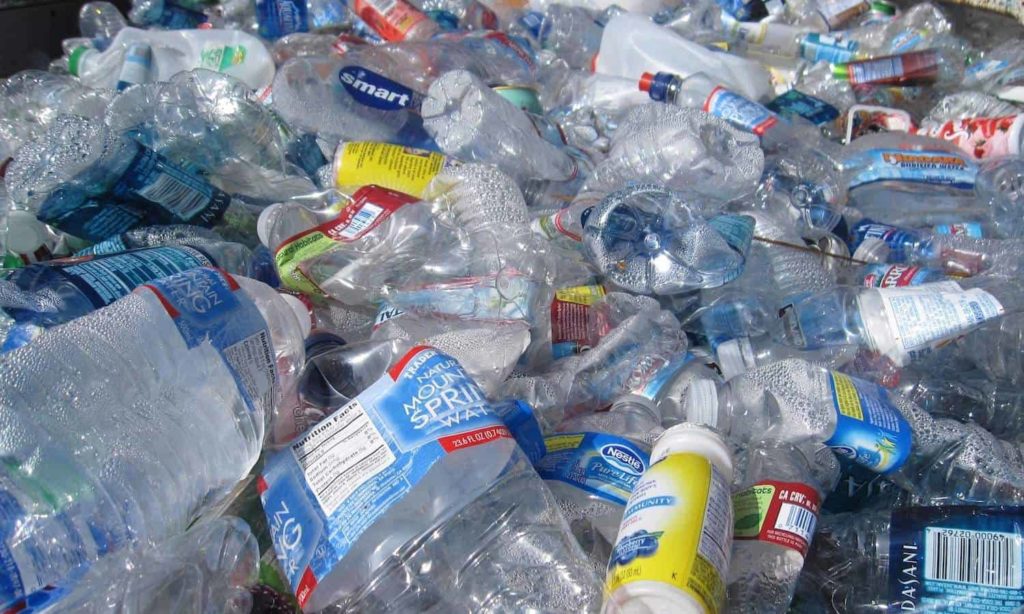
Image by iStock via https://www.istockphoto.com/
Vancouver is a beautiful city with a solid commitment to environmental sustainability. However, even the most well-intentioned Vancouverites can make recycling mistakes. This section covers items that don’t go inside your curbside bin.
Electronics
In Vancouver, electronic waste is one of the fastest-growing types of waste. Most people are not aware that nearly all electronics can be recycled, but luckily, there are several options for recycling electronics in Vancouver.
The city has an electronics recycling depot, such as Return-It Electronics collection sites where residents can drop off their unwanted electronics for recycling. Another option is to take them to a local Best Buy store, which has a nationwide recycling program that accepts most types of electronic waste.
Finally, several private companies offer electronic waste recycling services. These companies usually charge a fee for their services, but they may be able to provide a more convenient solution than the other options.
Batteries
Batteries contain various harmful chemicals that can leak out and contaminate other materials during the recycling process. Unfortunately, they cannot be recycled in Vancouver.
If you have batteries that you need to dispose of, you can drop them off at a special waste facility or contact a local recycling company to see if they will take them.
Light Bulbs
Light bulbs contain mercury, which is a hazardous material and can’t be recycled in Vancouver. When light bulbs are disposed of in the garbage, the mercury can leak and contaminate the environment.
Books
In Vancouver, you cannot put your old books for curbside pick-up. There are numerous drop-off bins provided by Discover Books where they can recycle your books for you. You may also take your old books to the Vancouver Zero Waste Centre at 8588 Yukon Street.
You can also consider donating your old books to bookstores.
Plastic Products
The curbside program excludes soft plastics such as grocery bags, produce bags, outer packaging, and plastic shipping envelopes. These items can be returned to recycling centers, transfer stations, and the Vancouver Zero Waste Centre.
Scrap Metal
Vancouver is a great place to get rid of some scrap metal. There are plenty of options for recycling this material, and the city makes it easy to do so.
However, there are some items that you cannot recycle through the city’s program. These items include appliances, propane tanks, paint cans, and motor oil.
Tanglers
Tangled items, like cords and wires, can’t be recycled in Vancouver. The best way to deal with these items is to donate them or take them to a specialty recycling facility.
Hazardous Materials
We use many materials in our everyday lives that cannot be recycled through Vancouver’s regular recycling program. These materials are considered hazardous and must be disposed of properly to protect our environment and health.
Some examples of hazardous materials that cannot be recycled in Vancouver include paint, oil, antifreeze, pesticides, fertilizers, cleaning products
If you need to dispose of any of these materials, please contact your local waste management company to find out the proper way to do so.
What Happens When You Don’t Recycle Properly in Vancouver
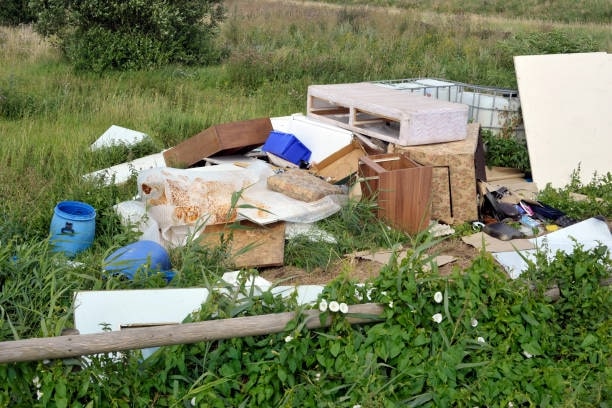
Image by iStock via https://www.istockphoto.com/
As more and more people become aware of the importance of recycling, it’s crucial to know what happens when you don’t recycle properly. In Vancouver, for instance, there are specific regulations in place that dictate how recyclables should be sorted.
Read on to find out the consequences of not following these regulations – and how you can ensure you’re doing your part to help the environment!
Illegal Dumping
Illegal dumping occurs when waste is dumped in an unauthorized location, such as on the side of the road or in a park.
If caught illegally dumping, you could be fined CAD 100 – 10,000. You may also be required to clean up the mess you made and pay for the cleanup costs if you caused environmental damage.
Overflowing Garbage Bins
When garbage bins are overflowing, it’s not just an eyesore. It’s a serious environmental issue.
When garbage bins overflow, the excess trash ends up on the ground. And when rain or snowfall occurs, that trash can end up in our waterways and oceans.
While overflowing garbage bins will not cost you any fines, curbside pick-up service will not pick up your garbage bins.
Banned Items
So what happens if you don’t recycle properly and put one of these banned items in your recycling bin?
The consequences can be pretty severe. If you’re caught putting a banned item in your recycling bin, you could be fined up to $1,000. Not only that, but your recycling could also end up not being picked up.
If you’re unsure whether an item is banned, it’s always best to check with your local recycling program before throwing it in the bin.
Summary of Recycling in Vancouver
Recycling can be a tricky thing to do, so to help you sort things out, here’s a quick roundup of what we’ve discussed in this article:
- Use the VanCollect app to view waste collection schedules.
- Separate your wastes accordingly.
- Set your bins out by 7 a.m. on your scheduled collection day.
- Check Waste Wizard if you’re unsure whether an item belongs in the garbage, recycling, or green bin.
- Don’t sneak items that are not for curbside pick-up into your garbage bins.
- Banned items can be taken to recycling centers, transfer stations, and the Vancouver Zero Waste Centre at 8588 Yukon Street.
We hope this article provided you with useful information about Vancouver’s waste disposal policies. Please help spread the word about recycling! We want to keep our landfill empty for future generations!
Check out these helpful related articles on junk removal and proper waste disposal:

